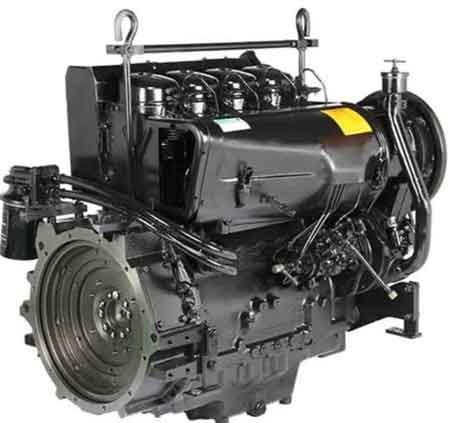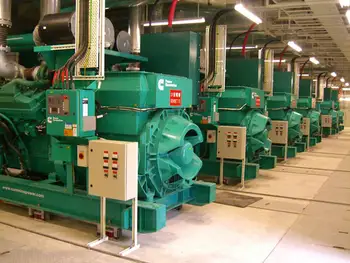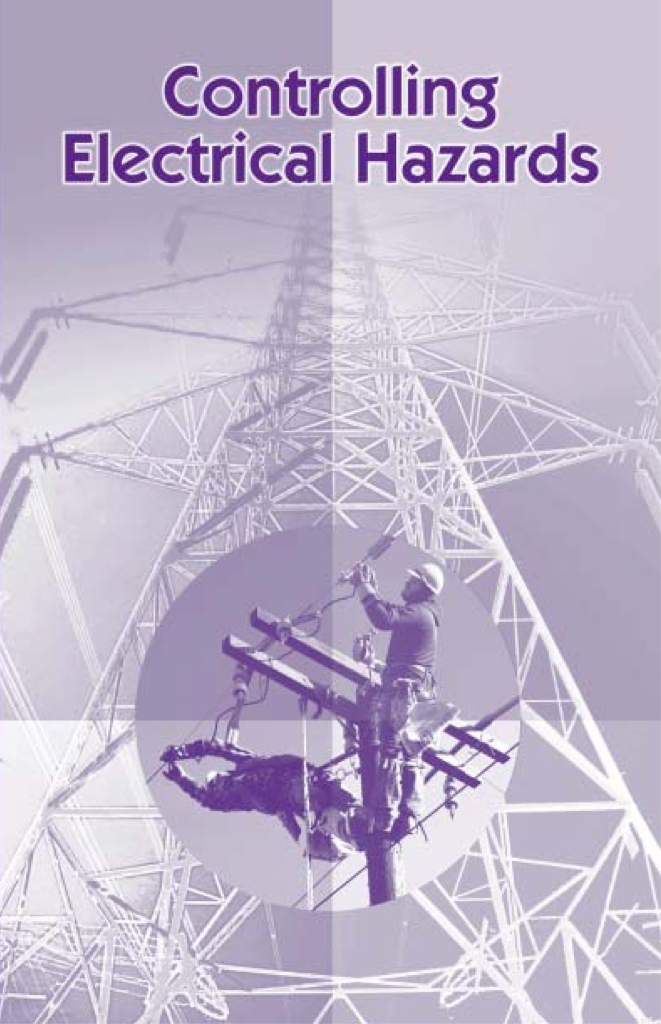Understanding Maximum Continuous Rating

Emergency Generators & Standby Power Systems
Our customized live online or in‑person group training can be delivered to your staff at your location.

- Live Online
- 12 hours Instructor-led
- Group Training Available
Download Our OSHA 3075 Fact Sheet – Understanding Electrical Hazards in the Workplace

- Learn the effects of electric current on the human body
- Understand OSHA safety standards and protective devices
- Discover essential lockout/tagout and grounding practices
Maximum continuous rating defines the highest load a transformer, generator, or circuit breaker can safely carry without overheating. It ensures thermal limits, system reliability, and long-term efficiency in electrical equipment under rated operating conditions.
What is Maximum Continuous Rating?
The maximum continuous rating (MCR) is the maximum load that an electrical device can sustain indefinitely without exceeding temperature or safety limits.
✅ Defines safe operational capacity under rated load
✅ Prevents overheating and equipment failure
✅ Supports reliability, efficiency, and system design
The maximum continuous rating (MCR) is a cornerstone concept in electrical engineering, representing the upper threshold of power that a device or system can sustain indefinitely without overheating or damage. While frequently used to define the maximum continuous rating (MCR) of power generation facilities, the principle of MCR extends far beyond, encompassing a wide array of electrical components, from distribution transformers and transmission lines to motors and even entire power grids. In critical facilities, understanding MCR is essential when selecting an emergency backup generator that can deliver reliable power without risk of overload.
System-Wide Perspective on Maximum Continuous Rating
The concept of maximum continuous rating extends beyond individual components, encompassing the entire electrical system. Engineers meticulously consider the MCR of each device within the grid, encompassing transformers, cables, switchgear, and protective relays. This holistic approach ensures that the system, as a whole, can handle the continuous load demands placed upon it without exceeding the safe operating limits of any individual component. This intricate balancing act is crucial for maintaining grid stability and preventing cascading failures. The uninterruptible power supply (UPS) chosen for data centers must align with the maximum continuous rating values to ensure continuous operation during extended power outages.
Sign Up for Electricity Forum’s Generators/UPS Newsletter
Stay informed with our FREE Generators/UPS Newsletter — get the latest news, breakthrough technologies, and expert insights, delivered straight to your inbox.
Consequences of Exceeding MCR
Exceeding the maximum continuous rating of a device, even momentarily, can have detrimental consequences. Overloading a component beyond its thermal limits can lead to overheating, accelerated wear and tear, and potentially catastrophic failure. While momentary overloads might be tolerated in emergency situations, continuous operation above the MCR will significantly curtail the lifespan of the equipment and increase the risk of malfunction. Engineers rely on UPS ratings to verify that backup systems can sustain the intended load while staying within safe operating limits.
MCR in the Context of Different Applications
The significance of the maximum continuous rating varies across different applications. In power generation, MCR typically represents the maximum power output a plant can sustain under normal operating conditions. For transformers and transmission lines, MCR refers to the maximum power flow that the device can handle without exceeding its thermal limits. In industrial settings, MCR often refers to the continuous load demand that an industry places on the electrical grid. Understanding these nuances is essential for selecting and operating electrical equipment appropriately.
MCR as a Cornerstone of Electrical Safety and Efficiency
A comprehensive understanding of maximum continuous rating is paramount for ensuring the safe, reliable, and efficient operation of electrical systems. By meticulously considering factors such as voltage regulation, transformer types, high voltage safety protocols, and the interplay between individual components within a system, engineers can design, operate, and maintain electrical grids that meet the ever-growing demands of modern society while upholding the highest standards of safety and performance.
Related Articles




